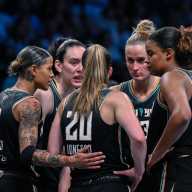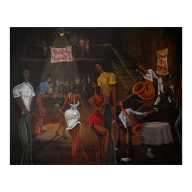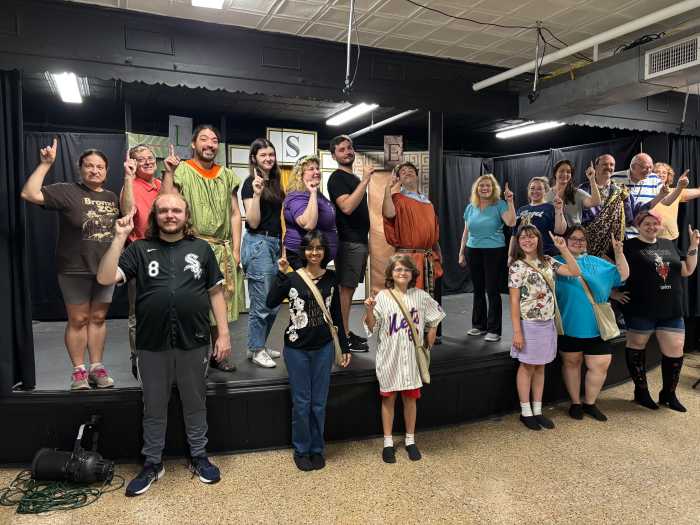
When Kristen Allen began her first crowdfunding campaign for her Brooklyn-based business, she was nervous, but armed with a plan to reach her goal within 30 days.
Yet, Allen did not need to enact much of this vision because she fully funded her $6,000 loan within two days.
“After the crowdfunding it really hit home that I have a business that people not just need, but people want,” said Allen, who launched Exclusively Kristen, which sells clothing online to women who fit into traditional clothes sizes, but have larger bra sizes. “I’m going to use the money to be able to put in a larger order (for fabric) that will bring my cost of goods sold down considerably.”
Allen, 35, is one of several entrepreneurs in the city that have found success with WE Fund: Crowd, a city Department of Small Business Services’ program that partners with the crowdfunding platform Kiva to finance interest-free loans of up to $10,000 for female entrepreneurs.
Under the arrangement, the city funds the first 10 percent of an anticipated loan, and the remainder comes from the generosity of others. The city has funded 40 entrepreneurs so far, and aims to facilitate more than $3 million in loans for the benefit of at least 500 businesses by fall of 2020.
The city sought out the partnership after realizing that crowdfunding is the only financing source where women outperform men, and yet, many women were not capitalizing on it.
“We wanted to make women aware that this was an opportunity for them to get the funding that they needed,” said Rachel Van Tosh, the city deputy commissioner overseeing the division involved with WE Fund: Crowd.
Entrepreneurship experts believe women benefit from the platform because it does not hold them to the same stereotypes that may be expected of an entrepreneur in other arenas, according to Laura Huang, associate professor of business administration at Harvard Business School.
“In crowdfunding, when you have a product that is like an artistic endeavor or a consumer-facing product, the characteristics that we look for in the founder may be very different,” said Huang. “It may not be things like risk-seeking, assertiveness or aggressiveness.”
Women are 32 percent more successful than men in reaching their target and pull in a higher average pledge amount — $87 — compared to men — $83 — when crowdfunding, according to a report released by the consulting firm PwC and The Crowdfunding Center.
Rachel Beider, owner of Massage Williamsburg and Massage Greenpoint, opted to pursue a loan through WE Fund: Crowd when her bank denied her request for financing to open a third massage center location in Long Island City.
Beider was able to make a small dent in the capital she needs to open a new location with a $10,000, WE Fund: Crowd loan, but she is still looking for other ways to get funding.
Beider is not alone. Women receive just 16 percent of all conventional small business loans made each year and are 5 percent less likely to receive a loan than male entrepreneurs are, according to Fundera, a small business loan company.
“It feels like the conventional form of funding isn’t working; the system is broken,” said Beider. “I might consider more crowdfunding going forward … it’s good that there’s at least one space where we’re doing well.”





























